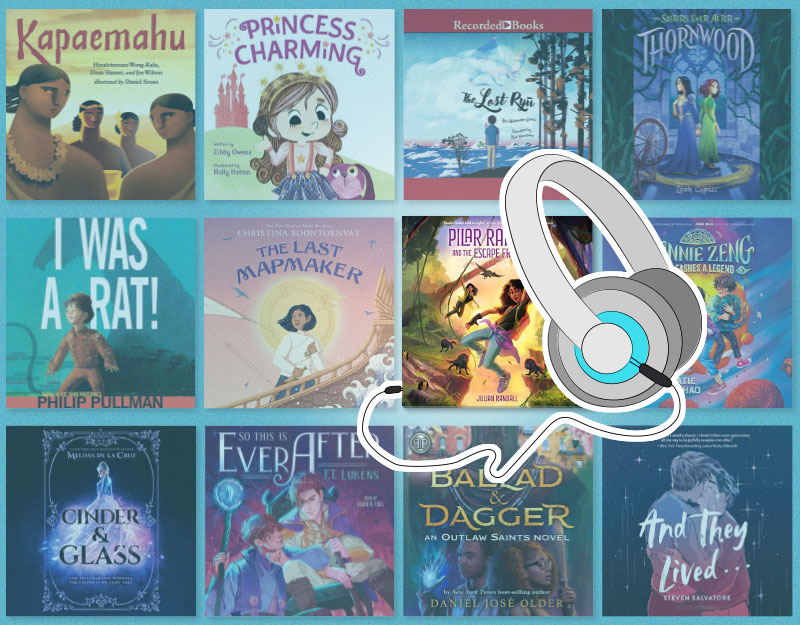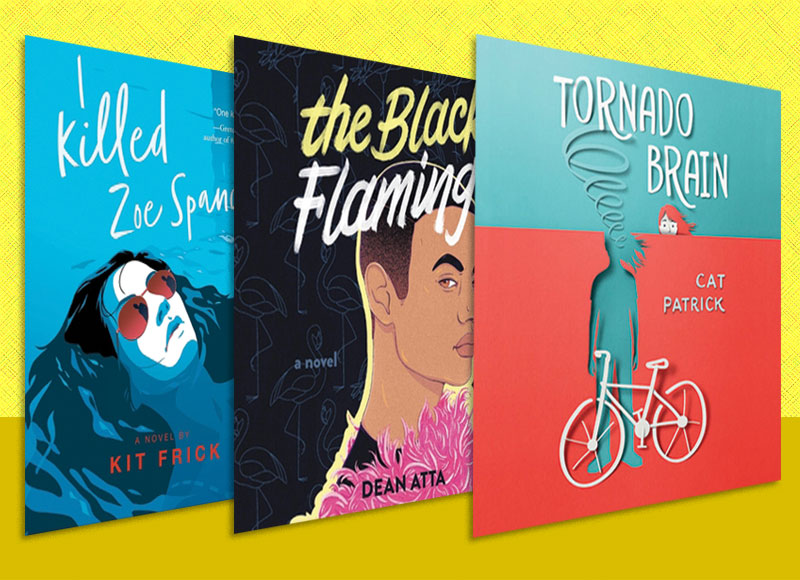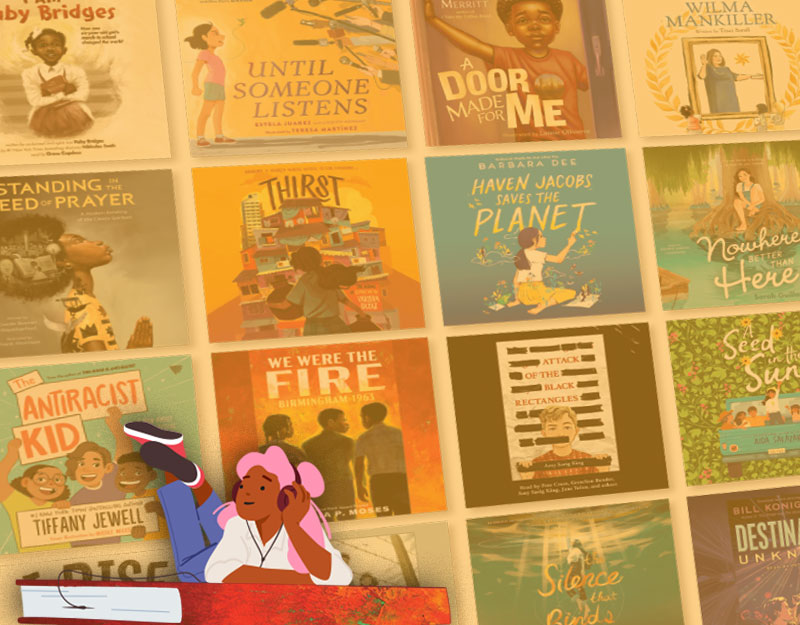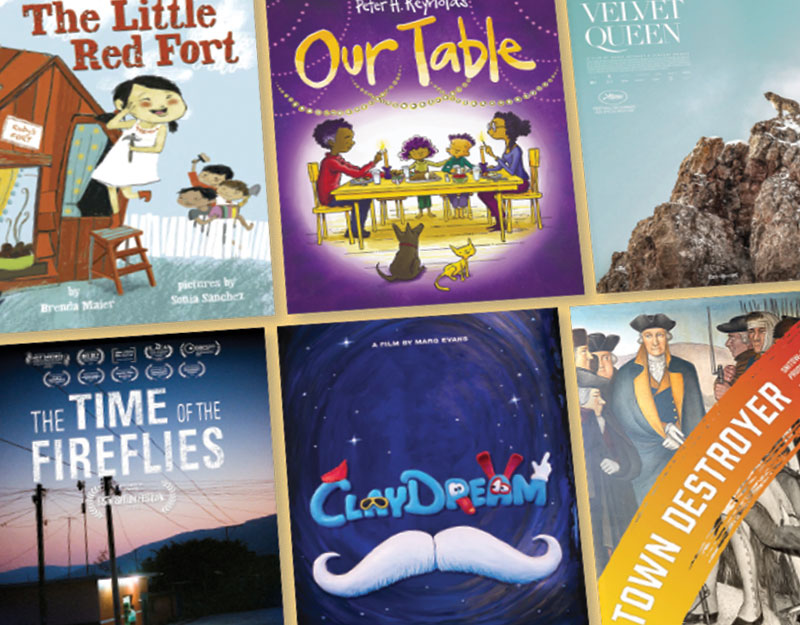Review of the Day: The Black Book of Secrets

The Black Book of Secrets
By F.E. Higgins
Feiwel and Friends
$14.95
ISBN: 978-0312368449
Ages 9-12
On shelves now
The power of the first page. A lot of authors don’t respect it these days. They’ll scribble down the first two mildly exciting sentences that pop into their brains, usually blowing the central conceit of their novel within the scope of a single paragraph. A good first page, particularly in a children’s book, needs to suck you in, grab you the throat, and throttle you slowly enough that you’re inclined to read more (if only to get your breath back). Okay. That’s a terrible metaphor, but the point that I’m trying to make is that this F.E. Higgins type person, this author from some distant country called En Gland (sounds unpleasant)* has created the best first page of a children’s book in 2007. Whether the rest of the book is worthy of its opening gives us room for debate. Call it good, call it bad, or call it ugly, the one thing you cannot call "The Black Book of Secrets" is boring. Not on your life.
When he wakes up, Ludlow Fitch is lying on the filthy floor of a makeshift "dentistry" room. His parents are going to sell their only son’s teeth off while he’s still awake and then profit off the results. Somehow Ludlow manages to escape, though the nature of his flight is not fully explained, and in his panic he gets a ride on a carriage going to the remote and tiny village of Pagus Parvus. Once arrived, he meets a fellow traveler by the name of Joe Zabbidou who intends to set up his pawnshop right there in town. He hires Ludlow practically on the spot, and it isn’t long before the boy starts to get the sense that something isn’t right. Pagus Parvus, you see, is a hole in a wall and it’s held under the iron grip of the nasty Jeremiah Ratchet. Ratchet knows everyone’s secrets and is willing to blackmail his fellow citizens to get what he wants in the end. As it happens, Joe is also in the business of secrets, but his interest is quite a different sort. For a nominal fee Joe will pay you good money for the secrets you hold near and dear to your heart. As Ludlow marks these secrets down in the Black Book, he finds himself torn. Can he trust Joe, a man he knows absolutely nothing about? Will his own secret stay buried or find its way into Joe’s very black book? And will the townspeople, who now see Joe as their saviour, tolerate him if he refuses to go head to head with the nasty Mr. Ratchet?
ADVERTISEMENT
ADVERTISEMENT
Higgins has a natural affinity for a well-played name. It’s the kind of talent that most people squander. Many times an up-and-coming author will go on a kind of Dickensian/Rowling-inspired naming spree. The result will inevitably lead to names that are either too obvious or too silly for even a child reader to approve of. Higgins, I am glad to say, doesn’t have this problem. Look at the names in this book. Ludlow Fitch. Jeremiah Ratchet. Obadiah Strang. Stirling Oliphaunt. Okay, that last one’s a bit nutty, but for the most part they’re purely enjoyable. And as for the book itself, it’s always nice to know that your author is paying attention. How often have you read a story where a character is alone in a deep dark woods and somehow has the ability to look about themselves as if it were noon on a hot May day? Higgins isn’t asleep at the wheel, as it were, and while this may seem like a little thing, it’s important.
The story itself was interesting and I liked the moment when the townspeople suddenly turned on their supposed savior. Very … well … New Testament of them. Hm. I’m hardly the first person to notice this. When the Telegraph in London asked Ms. Higgins if the book was a religious allegory of sorts she denied the claim, saying instead, "What I hope the book does do is to convey my belief in natural justice, in the idea that there is a rhythm in life that dictates that from chaos there should come order, and that what you give in terms not just of money, but of time and yourself, you will get in return." All well and good, except that the final "justice" meted out in this story may not sit well with the reader. Joe commits an act near the end of the book that I never felt was ever fully justified, even when it is explained away later. He leaves a man believing that he has murdered someone, then lets it go without comment. And even though the man later learns that this was not the case, Joe doesn’t know that the man finds this out. This gives Joe a coldness and moral lassitude implicated by the act itself that I’m sure the author did not intend. And here’s another point: Suppose that a person puts himself or herself unknowingly in harm’s way and you do not stop them (though you yourself know what danger they are in). Are you blameless if something bad befalls them? Apparently so. I understand that Higgins had to rid herself of her villain somewhere in the story, but her method of doing so seemingly goes contrary to the lessons she’s trying to impart.
And don’t get me wrong. I mean, it’s fun. A romp. And yes, there are some problems with it here and there. For example, there are sudden appearances of Fate and instruments of Destiny near the end of the story that may throw a reader or two for a loop, but it’s an enjoyable read. I quibble with the "good guy"’s methods of effecting change. I say it belies his entire philosophy and life’s work. On the other hand, Higgins has an even hand and a book that tells a good original story without imitating other styles or seeming overly familiar. A book worth reading, sure. Maybe most ideal if you run a book group and want something that might conjure up a philosophical debate.
* Yes. I am joking. I do that. It’s my thing. (with apologies to Leila Roy for ripping off her footnote reviewing technique)
Notes on the Cover: You know what? If the first page of this book wasn’t enough of a lure then by gum this cover makes it all the more appealing. A huge improvement over the British one too, I might add. Observe:
Before ….

And After….

No contest, really. A boy going “shhhh” (garnering instant stereotypical librarian love) with an extraordinarily tall fellow and … wait for it … a bright green red-eyed tree frog on his shoulder? Could you make this book any more appealing? I don’t know much about this Feiwel and Friends imprint, but I like their style. If they’re gonna give all their covers this much attention (to say nothing of the tiny frogs that break up some of the book’s passages) then more power to them.
Other Blog Reviews: bookshelves of doom, Edmund’s Saltines, Hypothetically Speaking, and The King’s School Library Blog.
Other Web Reviews: The Washington Post, Richie’s Picks (I so rarely have the chance to link to him), The Guardian (reviewed by Mal Peet), The Bookbag, and the Times Online.
Misc:
- An oddly spoilerific video of F.E. Higgins regarding frogs on the Feiwel and Friends site.
- And yet another video of the author here.
- Ms. Higgins is featured on Primary Times.
-
Book club discussion notes on the title.
Filed under: Reviews
About Betsy Bird
Betsy Bird is currently the Collection Development Manager of the Evanston Public Library system and a former Materials Specialist for New York Public Library. She has served on Newbery, written for Horn Book, and has done other lovely little things that she'd love to tell you about but that she's sure you'd find more interesting to hear of in person. Her opinions are her own and do not reflect those of EPL, SLJ, or any of the other acronyms you might be able to name. Follow her on Twitter: @fuseeight.
ADVERTISEMENT
ADVERTISEMENT
SLJ Blog Network
Name That LEGO Book Cover! (#53)
K is in Trouble | Review
Fighting Public School Book Bans with the Civil Rights Act
Take Five: Middle Grade Anthologies and Short Story Collections
ADVERTISEMENT








this is possibly the most 9for lack of better words) addictive. this book is alluring and a fantastic read i know a teacher that read it to third graders and they loved it and my son who read it before me is in 8th grade has read it 3 times and he hates read its a fabulous book i really hope F.E higgins writes many more books
sorry the last line should be “hates reading”
nmkjjmkmnjkljmkllk